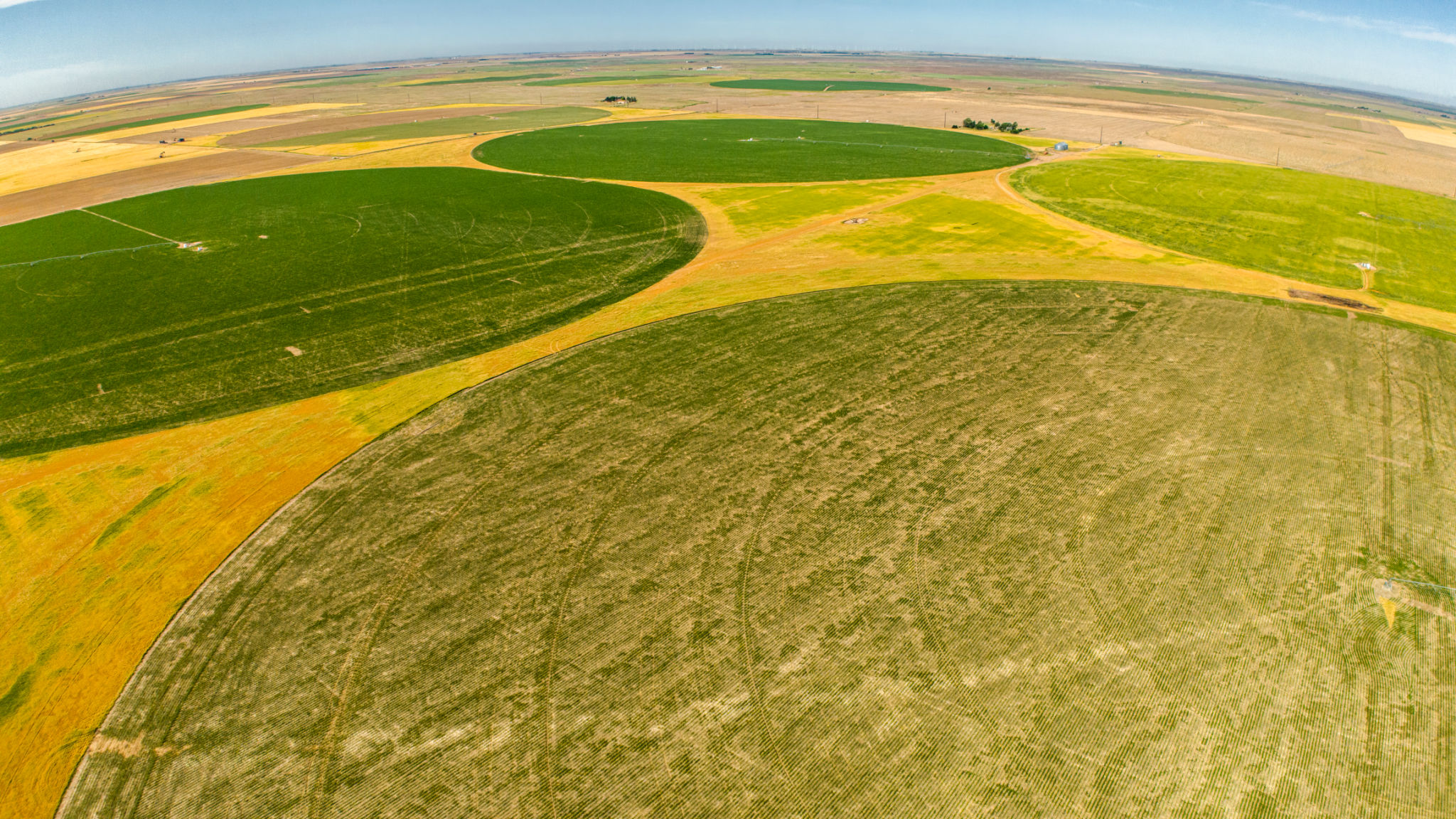How to Implement Sustainable Farming in Kasungu: Expert Tips
LW
Understanding the Importance of Sustainable Farming
As the world grapples with climate change and food security challenges, sustainable farming has emerged as a vital practice to address these issues. In Kasungu, implementing sustainable farming techniques can significantly enhance agricultural productivity while preserving the environment. This blog post explores expert tips on how to embrace sustainable farming in Kasungu, ensuring long-term benefits for farmers and the community.

Start with Soil Conservation
One of the fundamental aspects of sustainable farming is soil conservation. Healthy soil is crucial for crop growth and overall farm productivity. Kasungu farmers should focus on methods such as crop rotation, cover cropping, and reduced tillage to maintain soil health. These practices help prevent soil erosion, improve fertility, and increase water retention.
Crop Rotation
Crop rotation involves growing different types of crops in succession on the same land. This practice helps in breaking pest and disease cycles, improving soil structure, and enhancing nutrient availability. By planning a rotation schedule, farmers in Kasungu can boost their yields sustainably.

Efficient Water Management
Water is a precious resource, and its efficient use is critical for sustainable farming. Farmers in Kasungu should adopt water conservation techniques such as rainwater harvesting and drip irrigation. These methods not only save water but also ensure that crops receive adequate moisture throughout their growth cycle.
Rainwater Harvesting
Collecting rainwater during the rainy season can provide a valuable water source during drier months. Simple structures like ponds or tanks can be used to store rainwater, reducing dependency on external water supplies and ensuring a more reliable irrigation system.

Integrating Agroforestry
Agroforestry combines agriculture and forestry practices by integrating trees into farming systems. This approach offers numerous benefits, including improved biodiversity, enhanced soil fertility, and increased carbon sequestration. In Kasungu, planting trees alongside crops can create a more resilient agricultural ecosystem.
Benefits of Trees in Farming
Trees provide shade, reducing heat stress on crops and livestock. They also contribute organic matter to the soil through leaf litter, enhancing soil quality. Furthermore, trees act as windbreaks, protecting crops from strong winds and minimizing erosion.

Adopting Organic Farming Practices
Organic farming emphasizes the use of natural inputs and processes to grow crops. By avoiding synthetic fertilizers and pesticides, farmers in Kasungu can reduce their environmental footprint and produce healthier food. Organic practices include composting, using natural pest control methods, and applying organic fertilizers.
Natural Pest Control
Encouraging beneficial insects like ladybugs or using natural repellents such as neem oil can help manage pests without harming the environment. These practices promote biodiversity and keep pest populations under control naturally.
Community Collaboration and Education
Sustainable farming thrives on collective effort and knowledge sharing. Farmers in Kasungu can benefit from forming cooperatives or joining local agricultural networks to exchange ideas and resources. Attending workshops and training sessions can also help them stay updated on the latest sustainable farming techniques.
By implementing these expert tips, farmers in Kasungu can transition towards more sustainable agricultural practices. This not only improves their livelihoods but also contributes to environmental conservation and food security for future generations.
